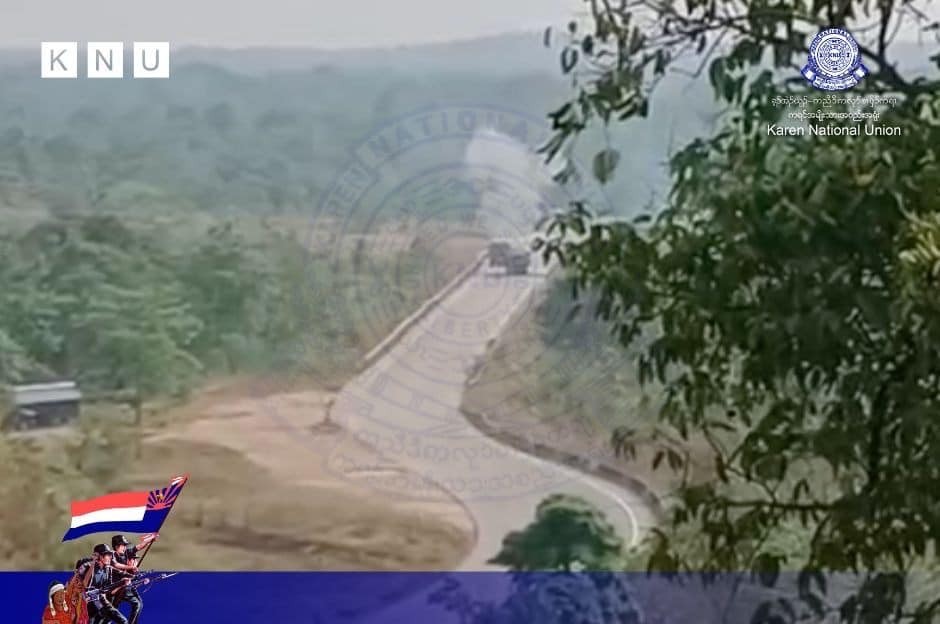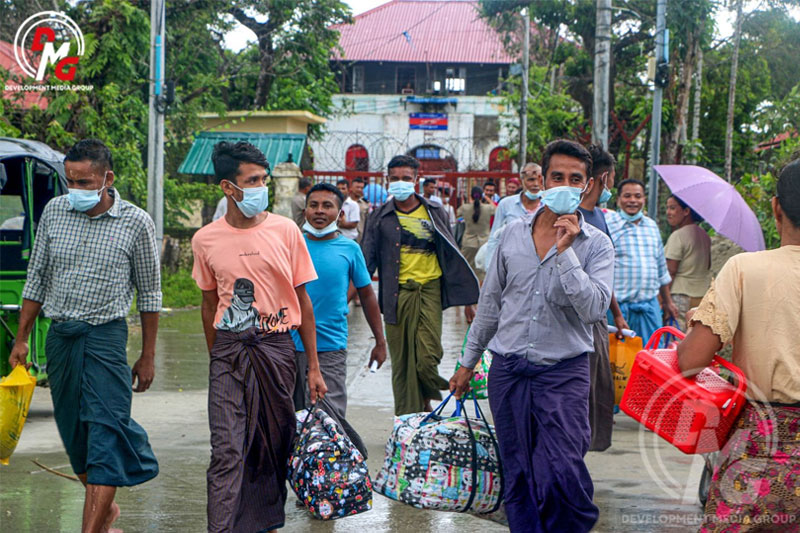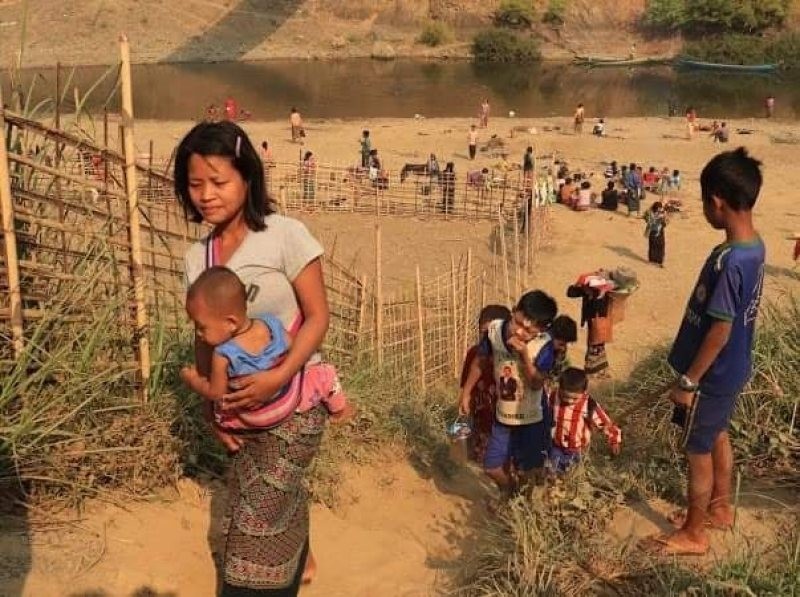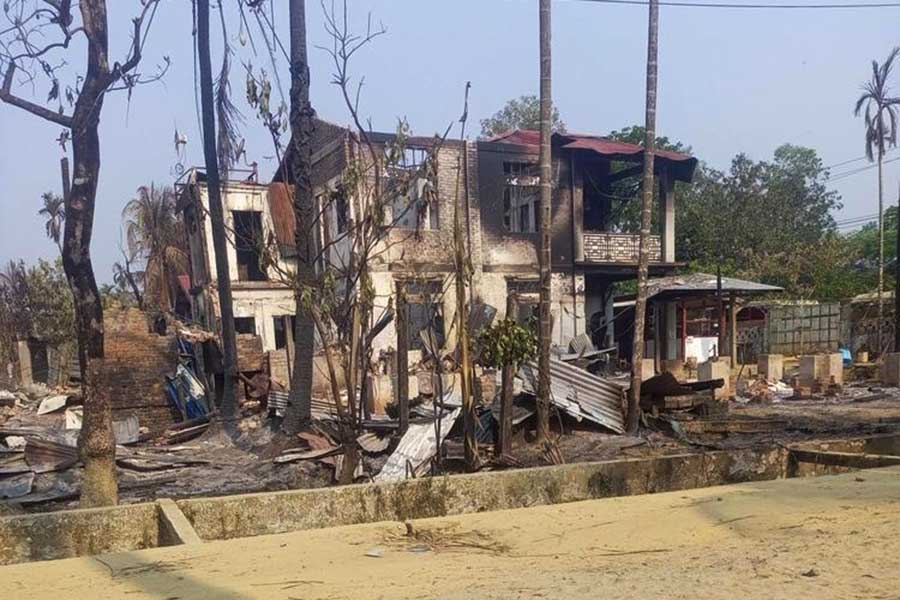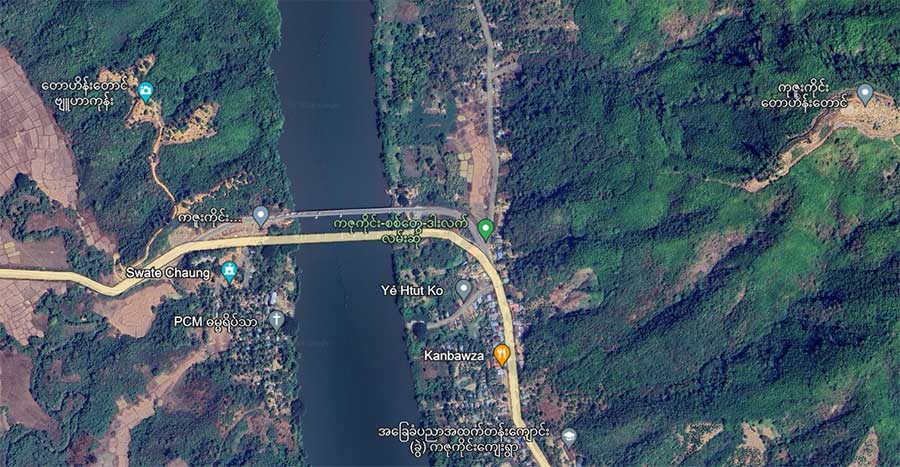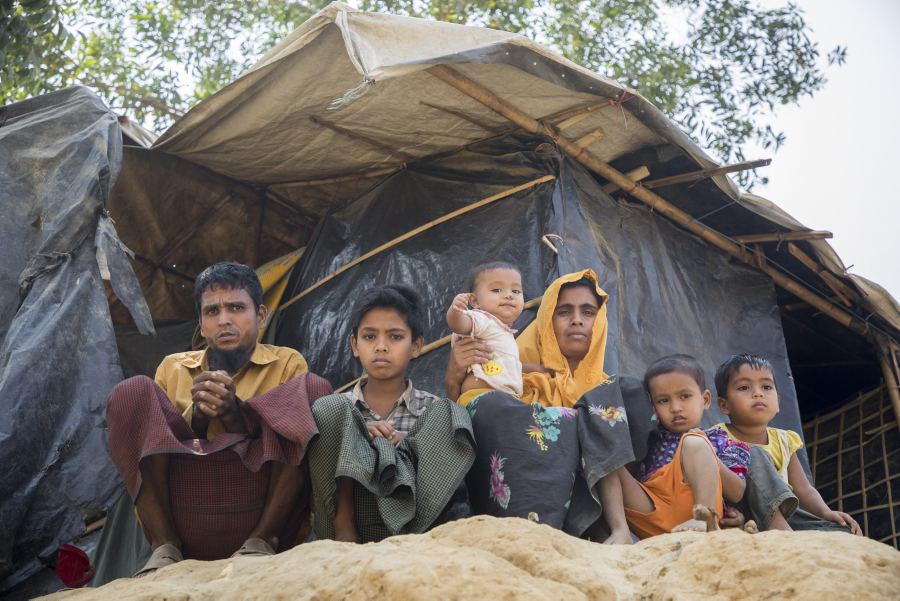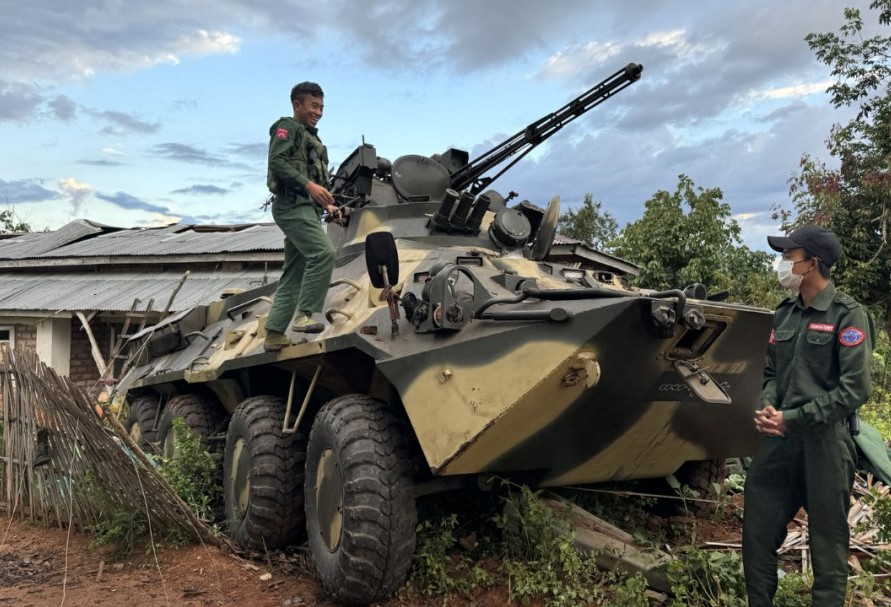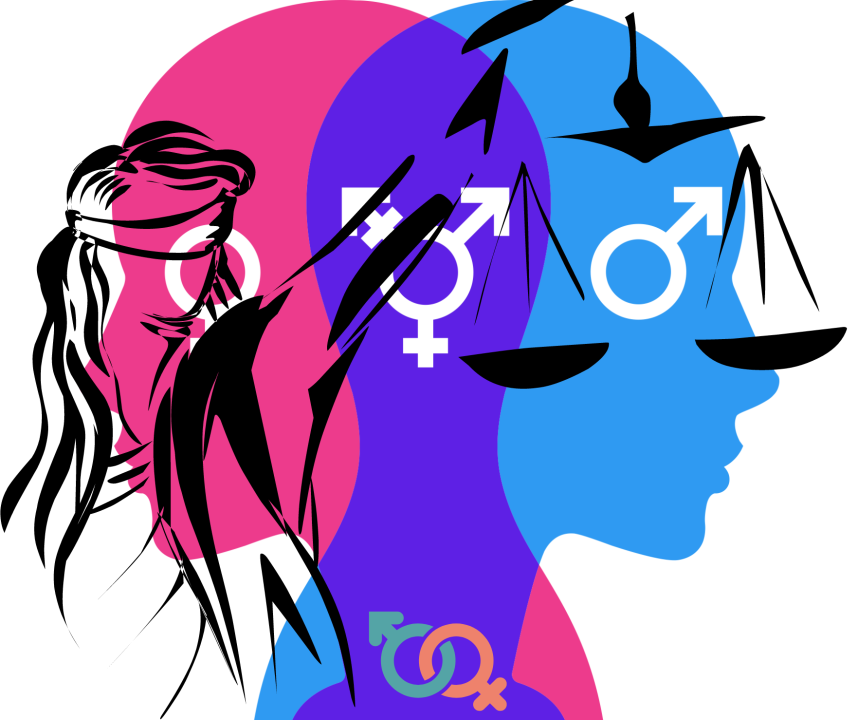- Ten Arakan State political prisoners released in Thingyan amnesty
- Two children injured in grenade attack at Muslim IDP camp in Sittwe
- Seven children injured in explosion of war remnant in Maungdaw Twsp
- Junta detains four local men in Kyaukphyu
- Regime-appointed Arakan State chief minister leads conscription drive
Japan provides over $9 million in aid to four Myanmar states including Arakan
The Japanese government has provided more than US$9 million in assistance to internally displaced people (IDPs) and other victims of conflict in Kachin, Chin, Shan and Arakan states.
23 Dec 2020
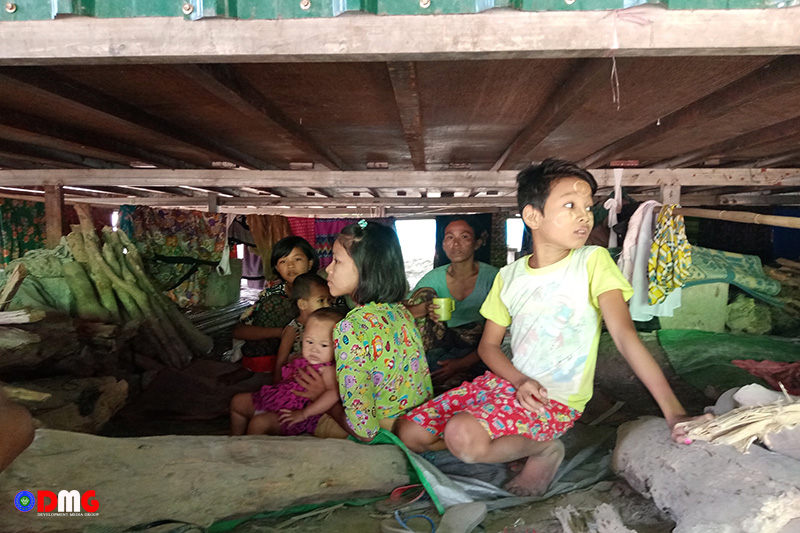
Khin Tharaphy Oo | DMG
23 December 2020, Sittwe
The Japanese government has provided more than US$9 million in assistance to internally displaced people (IDPs) and other victims of conflict in Kachin, Chin, Shan and Arakan states.
Japanese Ambassador to Myanmar Maruyama Ichiro signed grant agreements with two UN agencies, the United Nations Children’s Fund (UNICEF) and the World Food Programme (WFP), worth about $9.4 million, the Japanese Embassy in Myanmar said in a statement on December 22.
Their projects will be implemented in conflict-affected states such as Arakan, Chin, Kachin and northern Shan.
Of the assistance, $4.7 million has been provided to UNICEF to support a project on “Health, Water Sanitation & Hygiene and Education assistance” for IDPs and neighbouring communities in conflict-affected areas, the statement said.
The remaining $4.7 million has been provided to the WFP for nutrition development projects for IDPs and their neighbouring communities, according to the Japanese Embassy.
The WFP, a UN agency that manages some of the Japanese government’s assistance, will provide the largest amount of development aid to Arakan State, according to U Htet Oo Lin, communications officer at the WFP in Myanmar.
“The WFP will provide most of the assistance provided by the Japanese government to food security and nutrition promotion activities in Arakan, Kachin, Chin and northern Shan states. Most of the support will be provided for Arakan State. This is because there is a great need for humanitarian and development assistance in Arakan State,” he explained.
The projects aim to benefit 138,800 people through relief assistance; 31,050 pregnant and lactating women and children under 5 through nutrition interventions; 20,000 people through asset creation; 1,400 HIV/TB patients via food assistance; and 197,000 primary school children through school feeding.

